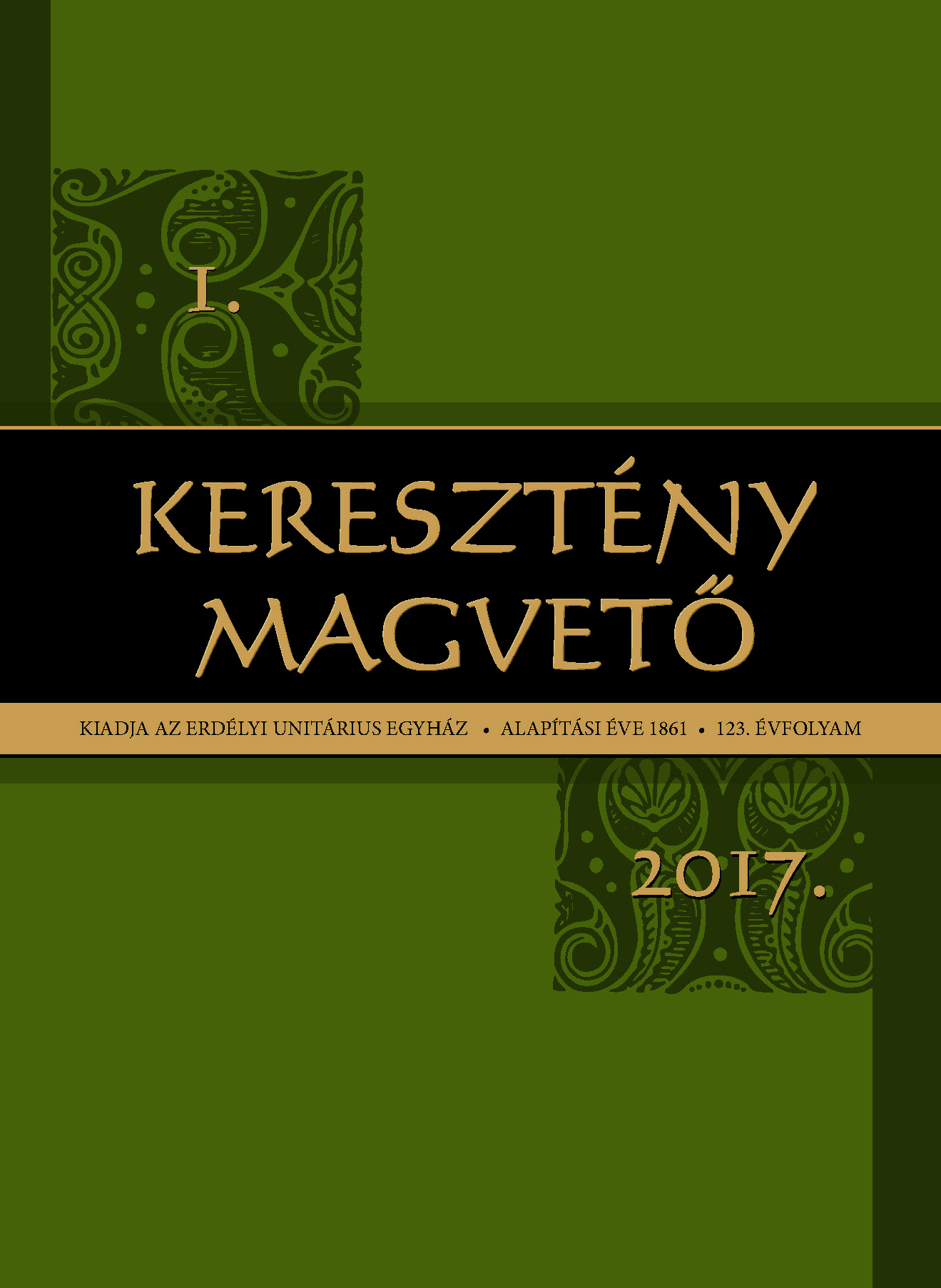Jacobus Palaeologus Konstantinápolyban (1554–1555 és 1573). Egy radikális antitrinitárius sikertelen reformpróbálkozásának levantei háttere
Jacobus Palaeologus in Constantinople, 1554-5 and 1573. Levantine Backgrounds of the Unsuccessful Reform Project of a Radical Antitrinitarian
Author(s): Martin RothkegelContributor(s): János Pál (Translator)
Subject(s): History, 16th Century
Published by: Erdélyi Unitárius Egyház
Keywords: Jacobus Palaeologus; Habsburg-Ottoman relations; Christianity; Islam; Jews; Marranos; Antitrinitarianism; Non-adorantist Unitarianism; Bohemia; Poland; Transylvania; Moravia; Levant; Chios
Summary/Abstract: “God is One, and Jesus is His Anointed” – This formula contains the entire Christian faith necessary for salvation, according to the Greek-Italian theologian Jacobus Palaeologus (c. 1520–1585). Palaeologus was former Dominican friar from the island of Chios and lived as an exile in Bohemia, Poland, Transylvania and Moravia between 1561 and 1582.Palaeologus’ significance for the rise of Unitarianism has been the subject of intensive research by Hungarian, Polish and Italian scholars. What remained unknown until recently was that his career as a pioneer of Unitarianism in Eastern Middle Europe followed from his earlier activities as the leader of a religious reform movement among Latin Christians and Marranos in the Levant with circles of adherents in Chios, Constantinople and Salonica prior to 1561.In his De tribus gentibus (1572) Palaeologus proposed a radically reductionistredefinition of Christianity that would include the Muslims and even the Jews, insofar as they profess the messianity of Jesus in an analogous way that the Muslims do.He hoped that his proposal of a radical reformation of the Christian religion would open the way for a reintegration of Islam into Christianity and for a permanent Habsburg-Ottoman settlement. While these large political aspirations ultimately failed, Palaeologus’s theology exercised a significant influence on the rise of radical, non-adorantist Unitarianism in Transylvania.
Journal: KERESZTÉNY MAGVETŐ
- Issue Year: 123/2017
- Issue No: 1
- Page Range: 79-101
- Page Count: 23
- Language: Hungarian

